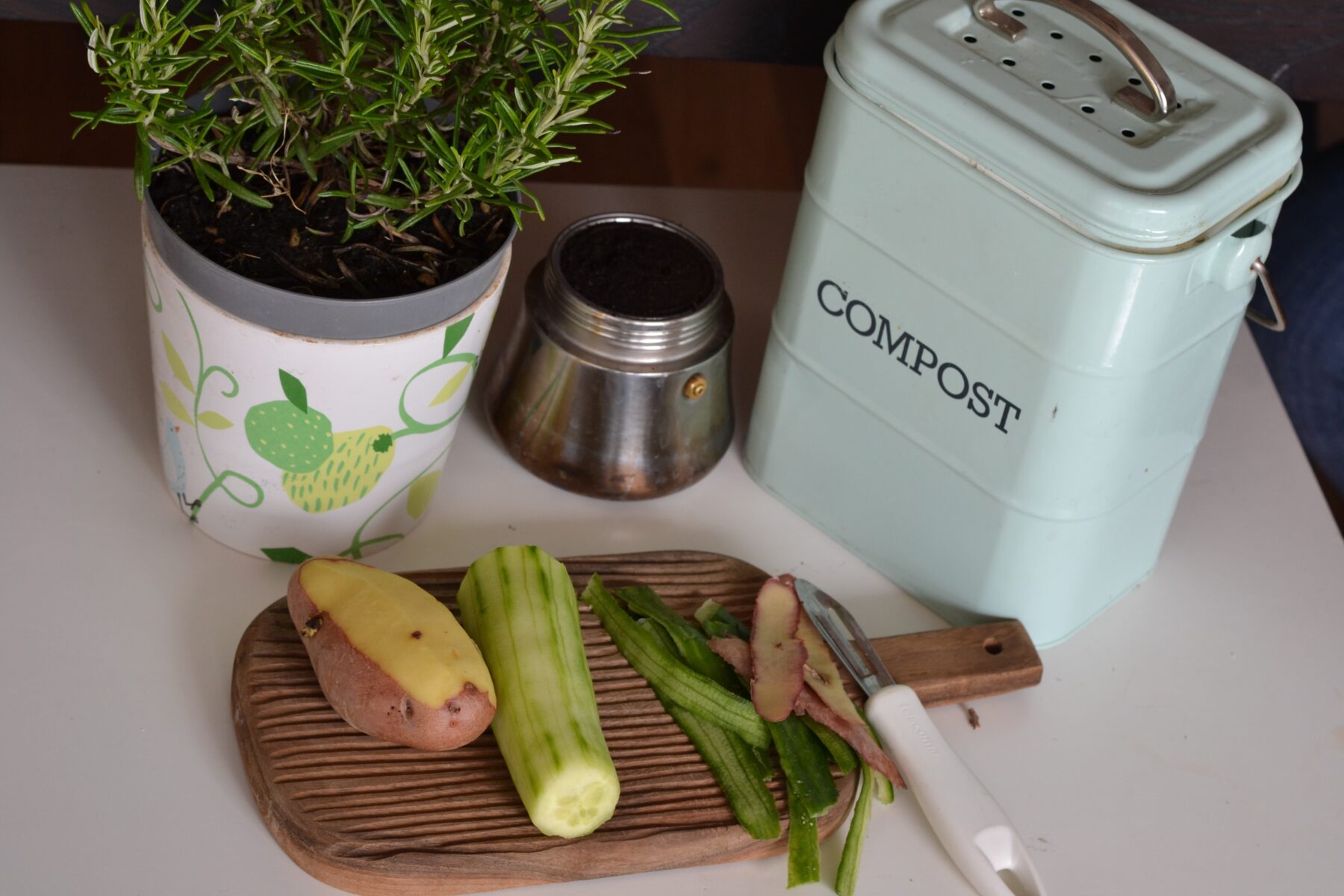Tips for reducing food waste in ECEC settings

Food waste in early childhood education and care (ECEC) settings is a prominent concern, not only in terms of the budgetary impact of waste, but also because of the sustainability impact and ethical concerns associated with it.
Food wastage can occur for a number of reasons such as:
- not enough time for menu planning
- making too much food
- incorrect storage practices
- fussy eating and children’s preferences
Making simple changes to reduce waste can not only help services to save time and money, but can also have a positive impact on the environment. According to OzHarvest, the top five most wasted foods in Australia are vegetables, bread, fruit, bagged salads and leftovers of meals.
To support services to better manage food waste the Healthy Eating Advisory Service (HEAS) have provided the following hints and tips.
Plan a menu
Menu planning is the most important step in reducing food waste, HEAS said. Menus should be planned around the number of children attending the centre, using the Menu planning guidelines for long day care. The HEAS has a free online tool, FoodChecker which allows services to assess menus against these guidelines to make ensure they are providing the right amount of food per child.
FoodChecker will also provide services with information on children’s portion sizes and ingredient quantity planning, as well as recipes. After planning a menu with FoodChecker services can also download a shopping list to purchase ingredients.
Make meal times healthy and enjoyable
Creating positive, healthy eating environments is a major component of reducing food waste. In these environments children are able to decide how much to serve themselves.
Once children know they can come back for more food, they are less likely to overfill their plates. Serving meals “family style” where children can select food from the middle of the table promotes independence and improves motor skills, and also encourages children listen to their bodies and appetites.
When serving something new or unfamiliar, services should incorporate familiar or favourite foods to increase the chances of the new food being accepted. Educators can also model healthy eating behaviours by joining in with mealtime, talking about and trying new foods with children, and encouraging positive language about food.
Reduce waste by reusing food
Freezing leftover meals is a great way to reduce food waste. The Food Safety Information Council’s guide to Fridge and Freezer Food Safety outlines how long frozen foods should be kept.
Soups and casseroles can be made to use up leftover vegetables, while extra veggies can also be grated or cut into smaller pieces and frozen to use in savoury muffins. Smoothies can be made with leftover fruits or vegetables, and are also a great way to use yoghurt and milk which is nearing its use by date. Bread can be kept in the freezer and used for toast, breadcrumbs or croutons.
Store food correctly
Storing food correctly can help reduce the risk of spoiled food needing to be thrown away. Low-risk foods (such as pantry items) should be placed in clean, dry and sealed containers once their packaging has been opened.
High risk foods which require refrigeration should be stored in the fridge before cooking, or until they are ready to be eaten. Cooked high risk foods should be stored in the fridge or freezer in a sealed container if they are not eaten straight away.
Containers of cooked food should be labeled with the date they were made, and should be used within food safety guidelines.
Compost food which cannot be saved
Even with the best efforts, services may still generate some food waste. In this instance, consider setting up a compost bin or worm farm, which can also support in broader sustainability efforts within the service.
Information on establishing a worm farm can be found here.
For more support, or for further information about the topics discussed above, the HEAS can be reached here.
Popular

Policy
Practice
Quality
Provider
Research
Safety starts with supervision: responding to real risks in ECEC
2025-07-07 10:30:58
by Fiona Alston

Policy
Provider
Practice
Quality
Jay Weatherill appointed to co-lead urgent review into childcare safety in Victoria
2025-07-07 07:24:04
by Fiona Alston

Quality
Practice
Provider
Workforce
Reclaiming Joy: Why connection, curiosity and care still matter in early childhood education
2025-07-09 10:00:07
by Fiona Alston













